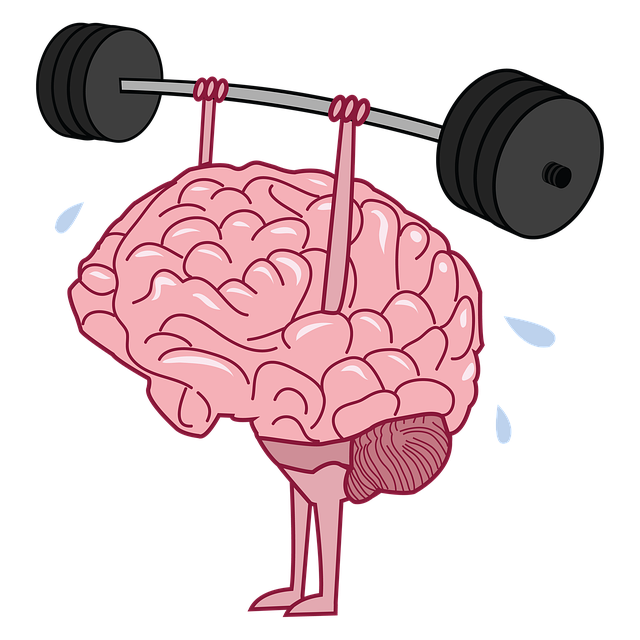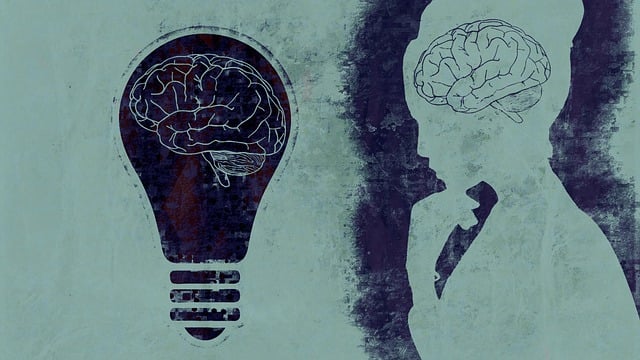Boulder First Responders Therapy (BFRT) offers a specialized program for emergency service professionals and healthcare providers, addressing their mental health challenges through evidence-based strategies like mindfulness, cognitive behavioral therapy, and emotional intelligence development. Their holistic approach, combining quantitative and qualitative evaluations, fosters resilience, self-care, and community support, leading to improved mental health outcomes and enhanced crisis response capabilities. BFRT continuously improves its programs by incorporating feedback from participants and stakeholders, ensuring relevance, impact, and comprehensiveness in meeting the evolving mental health needs of Boulder's residents.
Mental wellness programs are crucial for fostering resilience and well-being, especially in high-stress professions. This article explores evaluation methods for such initiatives, focusing on the innovative Boulder First Responders Therapy (BFRT) model. We delve into key considerations for assessing mental health program effectiveness, including BFRT’s unique approach. Through examining tools for measuring impact and emphasizing continuous improvement via feedback integration, this guide offers insights into optimizing mental wellness support. Learn how BFRT leverages specific evaluation techniques to enhance its services, providing valuable lessons for organizations aiming to improve mental health initiatives.
- Understanding Boulder First Responders Therapy: A Unique Approach to Mental Wellness
- Evaluation Methods for Mental Health Programs: Key Considerations
- Assessing the Impact: Tools and Techniques for Measuring Success
- Continuous Improvement: Incorporating Feedback for Optimal Results
Understanding Boulder First Responders Therapy: A Unique Approach to Mental Wellness

Boulder First Responders Therapy (BFRT) is a specialized program tailored to address the unique challenges faced by emergency service professionals and healthcare providers. This approach recognizes the profound impact that high-stress, emotionally taxing jobs can have on mental wellness. BFRT incorporates strategies like mindfulness, cognitive behavioral therapy, and emotional intelligence development to help individuals manage stress and prevent burnout.
The program’s holistic nature aims to foster resilience by teaching participants effective coping mechanisms and enhancing their ability to regulate emotions. By prioritizing self-care and promoting a culture of support within the community, BFRT contributes to improved mental health outcomes for first responders, ultimately enabling them to better serve others in times of crisis. This innovative therapy serves as a valuable resource for those in demanding professions who are at risk of burnout, emphasizing the importance of prioritizing emotional intelligence and stress management.
Evaluation Methods for Mental Health Programs: Key Considerations

When evaluating mental wellness programs, such as Boulder First Responders Therapy, several key considerations come into play. Effective assessment methods are essential to gauge the success and impact of interventions aimed at enhancing emotional healing processes and promoting emotional well-being among participants. A comprehensive evaluation should consider both short-term outcomes and long-term sustainability. This includes measuring changes in symptoms, participant satisfaction, and behavioral shifts that contribute to improved mental health.
Additionally, examining the program’s alignment with relevant Mental Health Policy Analysis and Advocacy can provide insights into its potential influence on broader systemic changes. The integration of evidence-based Emotional Well-being Promotion Techniques within these policies can lead to more comprehensive support systems for individuals in need. By combining qualitative and quantitative data, stakeholders can ensure that mental wellness programs are not only effective but also contribute to the development of robust mental health strategies at both individual and community levels.
Assessing the Impact: Tools and Techniques for Measuring Success

Evaluating the impact of mental wellness programs is a multifaceted process that goes beyond simple satisfaction surveys. At the heart of successful program evaluation lies a comprehensive understanding of participant experiences, behavior changes, and improved outcomes. For instance, Boulder First Responders Therapy leverages a blend of quantitative and qualitative methods to measure success. This includes pre-post assessments using validated tools like the Mental Health Continuum (MHC) to gauge improvements in mental health status. Additionally, they employ semi-structured interviews and focus groups to capture participants’ narratives, providing deeper insights into their journeys and perceived benefits.
By integrating these tools and techniques, Boulder First Responders Therapy ensures that their programs effectively address the unique needs of their target audience—a crucial aspect, especially in fields like healthcare where burnout prevention strategies are paramount. This data-driven approach not only helps in refining existing initiatives but also guides the development of new Mental Wellness Podcast Series Production, fostering a culture of compassion cultivation practices within their community.
Continuous Improvement: Incorporating Feedback for Optimal Results

Continuous improvement is a cornerstone of any effective mental wellness program, especially for initiatives like Boulder First Responders Therapy that aim to cater to unique community needs. Incorporating feedback from participants and stakeholders is vital for optimizing the program’s outcomes and ensuring it remains relevant and impactful over time. By actively seeking input, the therapy program can adapt its strategies and approaches to better serve those it supports.
For instance, regular evaluation through surveys or focus groups allows individuals who have benefited from the program to share their experiences and suggestions. This feedback can guide enhancements in areas like accessibility, engagement methods, and the integration of new therapeutic techniques. Moreover, involving community partners, such as local support groups or outreach programs, facilitates a holistic understanding of emerging mental health trends within the community. This collaborative approach, including both participant feedback and community outreach program implementation, contributes to the development of confidence-boosting, comprehensive mental wellness coaching programs that meet the evolving needs of Boulder’s residents.
Boulder First Responders Therapy offers a unique and innovative approach to mental wellness, emphasizing the importance of specialized support for first responders. The evaluation methods discussed in this article provide a comprehensive framework for understanding the effectiveness of mental health programs. By combining qualitative and quantitative assessments, as well as continuous improvement strategies, organizations can ensure their programs cater to the specific needs of first responders. This tailored approach is vital to fostering resilience and promoting long-term mental wellness among these dedicated individuals. Incorporating feedback mechanisms allows for ongoing refinement, making Boulder First Responders Therapy a true game-changer in the field.














